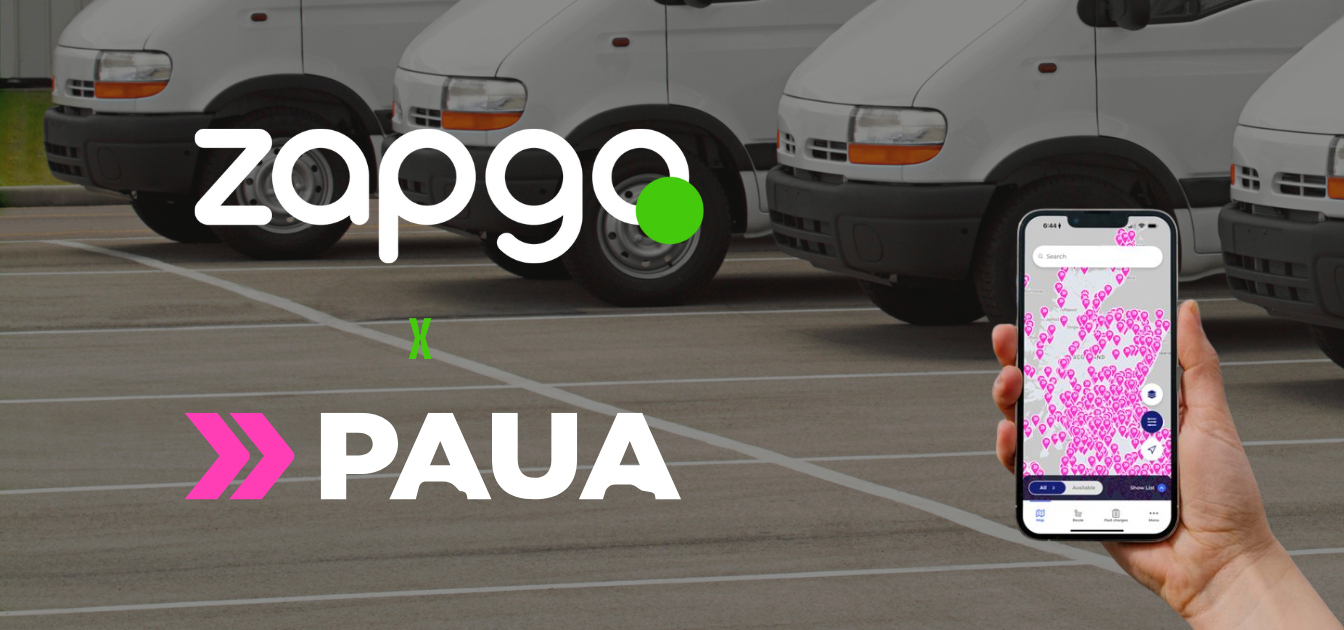TL;DR
In a discussion with Ben Nelmes, CEO of New Automotive, Niall Riddell and Chris Sass explore the factors driving electric vehicle (EV) adoption in the UK. They highlight the importance of data, government collaboration, and infrastructure improvements to accelerate this transition. The conversation also touches on future challenges and potential solutions for EV integration.
- Niall Riddell, CEO & Co-founder at Paua & co-host Chris Sass talk to Ben Nelmes, the CEO of New Automotive about ‘How do we accelerate EV adoption?’
- Link in blog to full episode
From influencing government thinking on promoting the adoption of electric vehicles to research, analysis, and data on market trends, we speak to Ben Nelmes, the CEO of New Automotive about what is driving the switch to EVs.
What is driving the switch to EV's?
New Automotive publishes monthly statistics on new car registrations in the UK, tracking the growing number of fully electric and hybrid vehicles.
This data has helped increase their brand awareness and open up conversations about policy and consumer demand. They also use the data to help consumers make better decisions by providing tools on their website to calculate personalised running cost savings for EVs.
In the future, they plan to expand their data coverage to different vehicle types and potentially outside of the UK. The data they access is primarily through public APIs and data sets, which they aggregate and make accessible to the public.
Data on the UK's electric vehicle market and its relevance to charging infrastructure
Data from the UK's electric vehicle market is being used by various organisations for different purposes.
People use the data to create their own market analysis reports and share it on social media. Other organisations, including those advocating for electric vehicles, use the data for their campaigns. Local authorities are also interested in the data to plan charging infrastructure and tackle air pollution.
When it comes to infrastructure, the majority of electric vehicle owners in the UK charge their vehicles at home. However, there are still issues with public charging infrastructure, such as reliability and pricing transparency. National government and local authorities need to work together to improve the regulatory framework and ensure adequate infrastructure. Private sector involvement, such as petrol stations and supermarkets, also plays a crucial role.
Education and collaboration among local authorities is needed to ensure equal access to charging infrastructure across different areas. Local authorities in the UK are being encouraged to improve their access to data and share their expertise in order to enhance public transport and energy infrastructure. The government is also expected to introduce regulations and standards to improve reliability and consumer experience at EV charge points.
The responsibility of monitoring compliance with these regulations will likely fall to a regulator, which may be a local authority or a central government function. Opening up data, related to charge points, is seen as a way to strike a balance between improving consumer experience and allowing commercial businesses to continue investing and growing their networks.
The UK market heavily relies on imported vehicles, and attracting these vehicles to the UK is a consideration for emissions reductions and economic benefits. Global supply chain disruptions may occur during the transition to EVs, but the market is expected to find solutions. However, recent global events have impacted supply chains across various industries.
Alternatives to traditional fuel tax
The UK's transition from diesel cars to electric vehicles is being driven by factors such as the troublesome sources and high cost of diesel fuel.
The government is grappling with the challenge of replacing lost revenue from fuel taxes as more people switch to EVs. One proposed solution is implementing a per-mile charge for driving to address the social cost of congestion.
The government is also considering increasing taxes on electric cars, but there are concerns about the impact on consumer choice and the environment. Data on the percentage of electric vehicles on the road and the percentage of miles driven using electric power are seen as crucial in shaping future policies. Targeting high mileage drivers, such as taxi drivers, with information and incentives to switch to EVs is a priority.
Additionally, a new study will examine the effects of fuel price increases on professions like care workers who rely on their vehicles for work.
What does the future look like? Staring into Ben's crystal ball!
So far the discussion has revolved around the future of electric vehicles, particularly in the UK, with a focus on switching to EVs in the commercial and business sectors.
Ben highlights that there is also the potential for heavy Goods Vehicles (HGVs) to transition to EVs due to emission savings and changes in total cost of ownership calculations. However, there are still technological and regulatory barriers, and the government's target of zero emissions for new HGVs by 2040 lacks clear policies and frameworks.
To progress towards more businesses using electric vans, there is a need for education in the market. New Automotive aims to work toward a future where half of the UK's passenger car miles are zero emissions, but this goal is not expected to be achieved until 2030.
Ben is keen to encourage the use of electric cars through a car club in city environments, emphasising the importance of choosing the right car for one's circumstances.
Listen to the full episode here on Insiders Guide to Energy.





